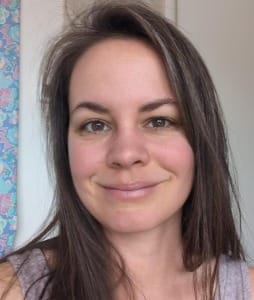Ones of the purposes of P.E.T. and other Gordon programs is to equip parents, teachers, youth, and workplace leaders with the same helping skills that trained counselors can provide. (Yes, if you're a parent, P.E.T. could help you save money on therapy!)
Effectively helping others usually boils down to the ability to Active Listen, that is, to listen to someone with a sense of separateness that allows them to be who they are and feel how they feel in a given moment. Verbally reflecting back to the other person the facts and feelings that you hear can help them process their troubles and feel genuinely cared about.
So how could someone who's already a professional therapist or counselor benefit from Parent Effectiveness Training class?
When I first read P.E.T., I was moved by the concept that being a real person is stronger than playing a role. Being real about who you are and how you're feeling in a moment allows you to have more influence with others, not less.
Therapists occupy an important role, and it can be easy to identify with that role. You're there to "help" the other person – at least, isn't that why they're in your office?
Most people, including many trained counselors, try to help others by giving them advice, by offering a diagnosis of their situation, or by offering solutions or suggestions. It's common to want to help another person feel better by praising or agreeing with them, by reassuring or sympathizing with them, or by telling them outright what you think they should do to fix their problem.
When someone else owns a problem that does not tangibly affect you, we call these ways of communicating Roadblocks, and therapists are not immune to using them! They may want to be helpful, but in the moment, they may feel impatience with a person's problem, or perhaps their own needs are unmet and they're feeling tired and overwhelmed with too many clients.
Sometimes it can just be too darn painful to hear something, and you really want to make it better for the other person so they don't have to feel that way.
P.E.T. class can help anyone better learn and practice how to be an effective helping agent when someone else owns a problem. When you own a problem, or the problem is shared, it is not appropriate to be the listener! In those situations, it's time to speak up for your own needs in a clear and assertive way. We practice that, too.
Counselors often want to refer their clients to Parent Effectiveness Training, and I encourage anyone who'd like to do so to first develop experience in the skills themselves so that they can model them in their relationships with their clients, and better support the families they work with.
To encourage this practice, I offer the full P.E.T. course for a materials-only cost of $45 to anyone who currently works as a counselor, social worker, or family therapist.



Member discussion